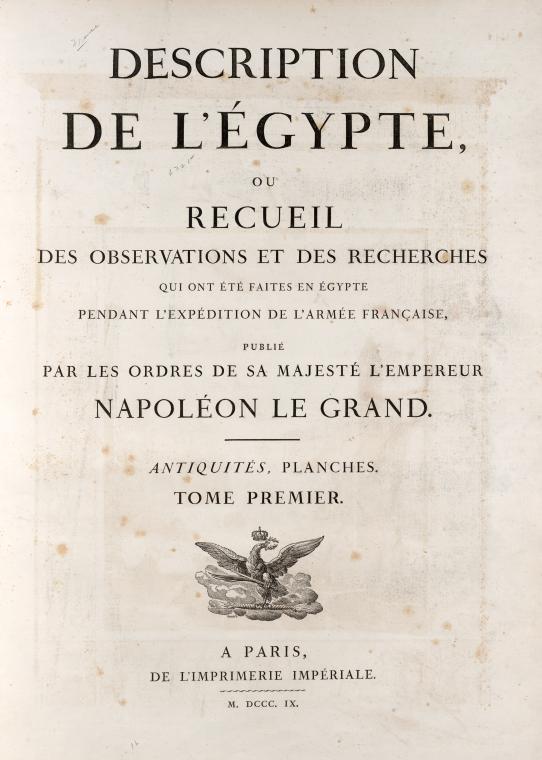
The History of Ancient Egypt
Professor Robert Brier
Film Review
During Napoleon’s invasion of Egypt,* he brought along 150 scientists, artists and engineers, as well as 55,000 troops. Among the intellectual were Danon (the first director of the Louvre), the botanist/painter Redouté, the zoologist St Hillaire, the mathematicians Fouet and Monge and the engineer Nicola Conte. He also introduced the first Arabic printing presses (which he “liberated” from Vatican) to Egypt. The speech he delivered to the Egyptians shortly after landing (announcing he had come to free them from the Mamukls*) was the first modern document printed in Arabic.
Brier describes in some detail Napoleon’s march to Cairo (in which many troops died of thirst because the locals had filled in their wells), his Battle of the Pyramids (which he won) and his Battle of the Nile (in which Admiral Horatia Nelson destroyed Napoleon’s fleet).* Once his fleet was destroyed, Napoleon, unable to receive supplies from France, was virtually stranded in North Africa.
After losing his fleet, Napoleon got Conte to rebuild much of the equipment he lost at the Battle of the Nile and founded and engaged his scientists in founding the Institute of Egypt. The maintained a library, sponsored lectures and published a bulletin and scholarly memoirs.
After losing the Siege of Acre (to a coalition of British and Mamluks)** in 1799, he sailed back to Paris without informing his men.
Twenty years later, the scientists and artists (who remained in Egypt) published the 20-volume Description d’Egypt, a comprehensive inventory of Egyptian culture and monuments.
In 1801, the English defeated the remaining French troops occupying Egypt. Under the peace treaty they imposed on France they claimed all the antiquities the French scientists had discovered, including the Rosetta Stone.
*See French Revolution: Napoleon Invades Egypt
**Currently part of Israel, Acre was in Syria at the time.
Film can be viewed free on Kanopy with a library card.
https://www.kanopy.com/en/pukeariki/watch/video/1492791/1492799
